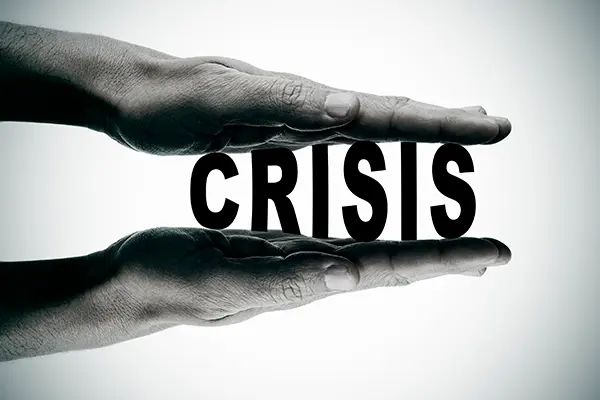The post-pandemic world has brought about many changes, but perhaps one of the least discussed is the rise in mental health issues among teachers. In the United States, teachers are facing greater challenges than ever before, yet the impact on their mental well-being is often overlooked. The transition to remote learning, adapting to new technologies, and the increased pressure to meet academic standards have significantly added to teachers’ workloads. These challenges have led to chronic stress, anxiety, and burnout among educators.
Despite these growing pressures, there remains a significant stigma around mental health issues within the education profession. Conditions such as depression, characterized by persistent feelings of sadness and loss of interest in daily activities, and anxiety disorders, marked by excessive worry and fear that interfere with daily life, are increasingly common among teachers. Burnout syndrome is another critical issue, leading to emotional exhaustion, a sense of detachment from work, and a reduced sense of accomplishment.
Many teachers feel compelled to hide their struggles, fearing that admitting to mental health challenges may be seen as a sign of weakness or incompetence. This stigma prevents teachers from seeking the help they need and exacerbates the problem, leading to a silent epidemic within the profession. Ignoring mental health issues in teachers can have serious long-term consequences. High turnover rates, decreased job satisfaction, and a negative impact on student outcomes are just a few of the potential risks. Studies have shown a strong correlation between teacher well-being and student success, making it clear that the mental health of educators directly influences the quality of education students receive. Addressing this silent epidemic requires a concerted effort to provide better support systems, offer mental health resources, and create a more open dialogue about mental health in the workplace. Schools and policymakers must prioritize teacher mental health to ensure a healthier, more sustainable education system. By recognizing the signs, reducing the stigma, and providing the necessary support, we can help ensure that teachers are not just surviving but thriving in their roles.
The mental health crisis among teachers is a silent epidemic that needs immediate attention. Conditions like depression, anxiety, and burnout are not just personal struggles; they are professional crises that affect the entire educational landscape. It is essential for all stakeholders in education to acknowledge this issue and work towards creating an environment where teachers feel supported, valued, and mentally healthy. This is not only crucial for the well-being of the teachers but also for the success and future of the students they educate.


